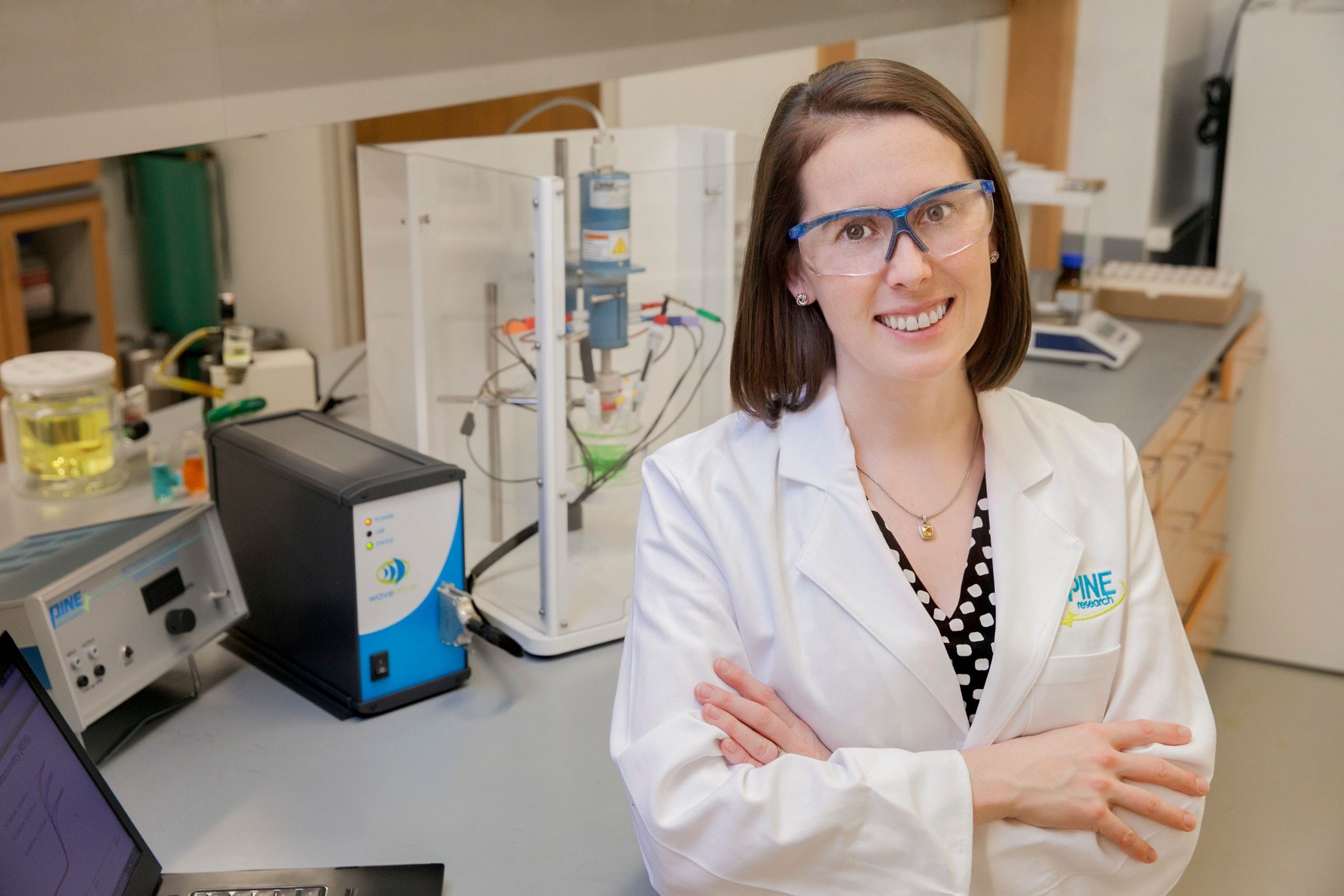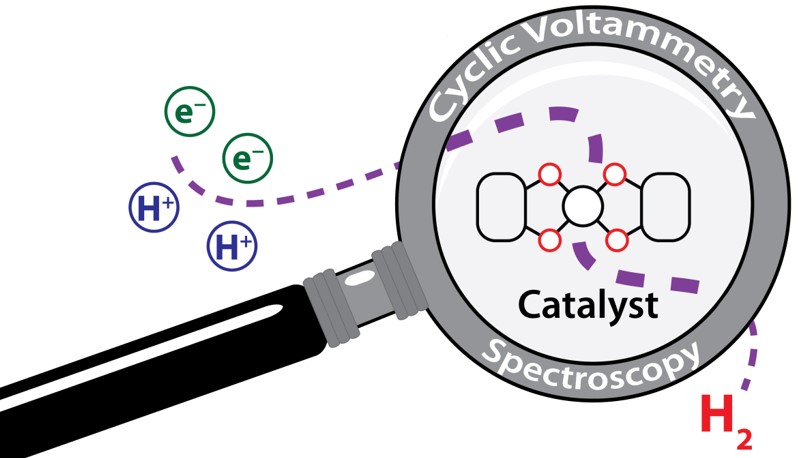Prof. Jillian L. Dempsey
Associate Professor
University of North Carolina at Chapel Hill, U.S.
Date: November 17, 2021
Time: 1300h ET
Sponsors: Hiden Analytical, Royal Society of Chemistry
The conversion of energy-poor feedstocks like water and carbon dioxide into energy-rich fuels involves multi-electron, multi-proton transformations. In order to develop catalysts that can mediate fuel production with optimum energy efficiency, this complex proton-electron reactivity must be carefully considered. Using a combination of electrochemical methods and time-resolved spectroscopy reveals new details of how molecular catalysts mediate the reduction of protons to dihydrogen and the experimental parameters that dictate catalyst kinetics and mechanism. These studies create opportunities to promote, control, and modulate the proton-coupled electron transfer reaction pathways of catalysts.
Benefits of attending the webinar
Learn about:
- How molecular catalysts are being used to mediate fuel generation;
- How to elucidate mechanisms of coupled chemical reactions from cyclic voltammetry experiments;
- Find out more about proton-coupled electron transfer.
Jillian L. Dempsey
 Jillian L. Dempsey is Associate Professor at the University of North Carolina at Chapel Hill (UNC). She received her BS from the Massachusetts Institute of Technology in 2005 where she worked in the laboratory of Prof. Daniel G. Nocera. As an NSF Graduate Research Fellow, she carried out research with Prof. Harry B. Gray and Dr. Jay R. Winkler at the California Institute of Technology, completing her PhD in 2011. From 2011–2012, Prof. Dempsey was an NSF ACC Postdoctoral Fellow with Daniel R. Gamelin at the University of Washington. She joined UNC in 2012. Her research has garnered numerous awards including the 2019 Harry B. Gray Award for Creative Work in Inorganic Chemistry by a Young Investigator; the 2017 J. Carlyle Sitterson Award for Teaching First-Year Students; 2016 Sloan Research Fellowship; and 2015 Packard Fellowship for Science and Engineering. The Dempsey Research Group explores charge transfer processes associated with solar fuel production, including proton-coupled electron transfer reactions and electron transfer across interfaces. Prof. Dempsey’s research bridges molecular and materials chemistry and relies heavily on methods of physical inorganic chemistry, including transient absorption spectroscopy and electrochemistry. She is currently Deputy Director of the Center for Hybrid Approaches in Solar Energy to Liquid Fuels. Outside of the lab, Jillian enjoys running, cooking, yoga, and spending time with her two sons, Orin (4 years old) and Atlin (11 months old).
Jillian L. Dempsey is Associate Professor at the University of North Carolina at Chapel Hill (UNC). She received her BS from the Massachusetts Institute of Technology in 2005 where she worked in the laboratory of Prof. Daniel G. Nocera. As an NSF Graduate Research Fellow, she carried out research with Prof. Harry B. Gray and Dr. Jay R. Winkler at the California Institute of Technology, completing her PhD in 2011. From 2011–2012, Prof. Dempsey was an NSF ACC Postdoctoral Fellow with Daniel R. Gamelin at the University of Washington. She joined UNC in 2012. Her research has garnered numerous awards including the 2019 Harry B. Gray Award for Creative Work in Inorganic Chemistry by a Young Investigator; the 2017 J. Carlyle Sitterson Award for Teaching First-Year Students; 2016 Sloan Research Fellowship; and 2015 Packard Fellowship for Science and Engineering. The Dempsey Research Group explores charge transfer processes associated with solar fuel production, including proton-coupled electron transfer reactions and electron transfer across interfaces. Prof. Dempsey’s research bridges molecular and materials chemistry and relies heavily on methods of physical inorganic chemistry, including transient absorption spectroscopy and electrochemistry. She is currently Deputy Director of the Center for Hybrid Approaches in Solar Energy to Liquid Fuels. Outside of the lab, Jillian enjoys running, cooking, yoga, and spending time with her two sons, Orin (4 years old) and Atlin (11 months old).
Learn more about upcoming ECS Webinars and review our previous webinar recordings.
We thank our webinar sponsors who make these complimentary programs possible.
Interested in presenting in the ECS Webinar Series? Email your presentation title and abstract to education@electrochem.org for consideration.





